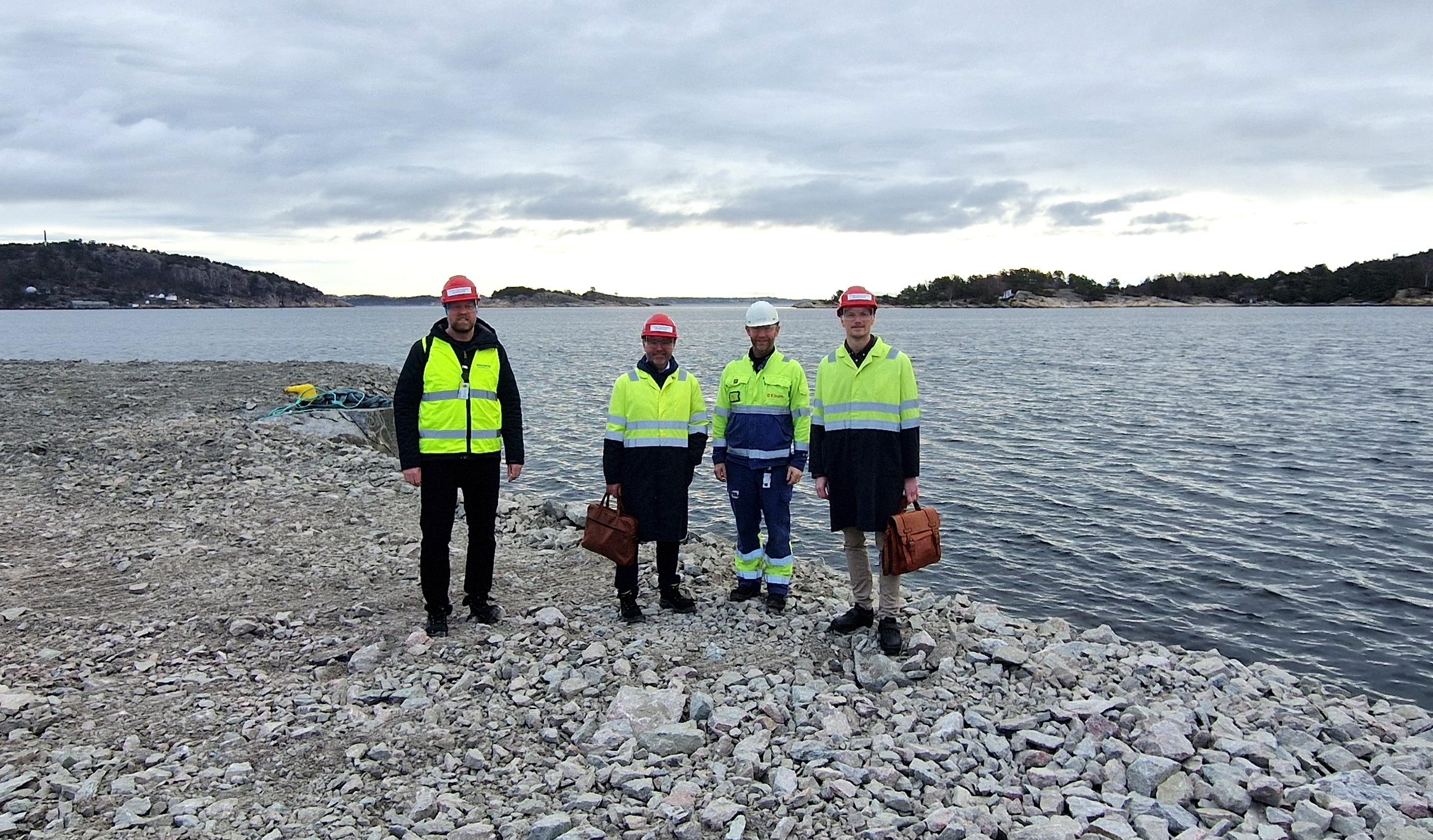Digital Innovation Hubs (DIH) are tools created to assist small and medium-sized enterprises in their digital transformation.
Last summer, GCE NODE initiated a dialogue with partners in Agder to support the idea of a Digital Innovation Hub in Agder. The hub is now established, and has since September 2018 been recognized by the European Commission. This means that regional, national and European SMEs can apply for funding to cover their expenses when using the DIH and the Agder ecosystem to find competence that will make their digital transformation smoother.
“95 per cent of European companies are SMEs, and a lot of them are missing out on the opportunities of digitalization. EU’s ambition is to ensure that every business in Europe, whatever its sector or activity, take full advantage of digital innovations and competences,” says Andrea Halmos, Policy Officer at the Directorate-General for Communications Networks, Content and Technology at the European Commission.
In December, she met with GCE NODE in Brussels, to discuss how Digital Innovation Hubs – there are more than 200 of them throughout Europe – will play a key role for SMEs.
“We are preparing Europeans for the digital future. DIHs are an important instrument,” says Halmos.
A Digital Innovation Hub is a regional ecosystem of actors with complementary expertise and a non-profit objective, offering a set of services to companies, especially SMEs, to support their digital transformation through a one-stop-shop.
DIHs also provide business and financing support to implement these innovations, if needed across the value chain. As proximity is considered crucial, they act as a first regional point of contact, a doorway, and strengthen the innovation ecosystem.
DIHs should be embedded in the regional innovation ecosystem and cooperate with other DIHs across Europe.
“We are open for business and are looking forward to interacting with SMEs that need to adapt to a more digital workplace and marketplace,” says Isabelle-Louise Aabel, EU Advisor at GCE NODE.



